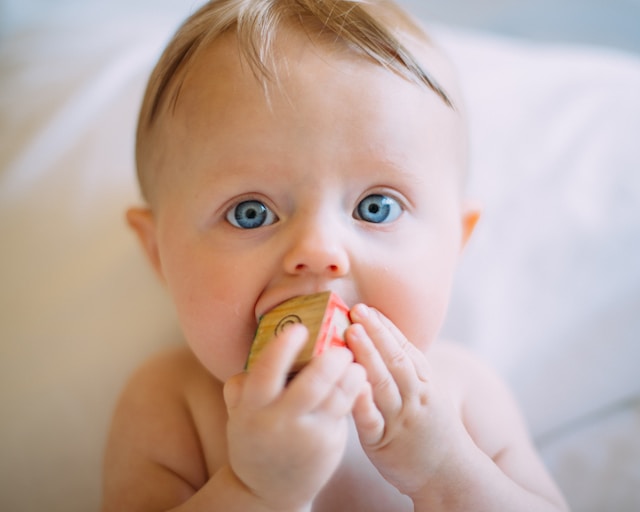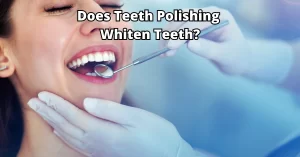Tooth decay is common amongst children, which makes it seem like it is a passing phase that holds no serious threat. However, tooth decay that is left untreated is detrimental to a child’s oral development.
The breakdown or destruction of tooth enamel, the tooth’s hard outer surface from acid produced by harmful oral bacteria, is commonly referred to as tooth decay. Tooth decay in the deciduous teeth (commonly known as milk teeth or baby teeth) are oftentimes not given enough attention by parents. Parents may have the misconception that since their little one’s new set of adult teeth will grow out soon, the decay in deciduous teeth can be left untreated.
Even though the deciduous teeth will be replaced by adult teeth, it is still vital to protect the deciduous teeth and treat any dental decay that is present. The deciduous teeth need to be kept and taken care of until they naturally fall out and be replaced by adult teeth which will begin to appear from the ages of 6 to 12 years of age. The wisdom tooth is the last tooth to erupt, usually appears in the mouth at about 18 years of age.
Premature loss of the deciduous teeth can lead to problems in chewing and nutrition, speech problems, loss of space and crowding of the adult teeth and cosmetic concerns that can develop from adult teeth being misaligned.
What is Baby Bottle Tooth Decay?

Tooth decay in infants and toddlers are often visible in the upper front teeth and it is referred to as Baby Bottle Tooth Decay.
When an infant or toddler falls asleep with the bottle still inside the mouth, the deciduous teeth are exposed to the sugars in milk for a prolonged time. Saliva production is also reduced during sleep and this provides an ideal environment for the acidic breakdown of tooth structure. Acids produced by harmful oral bacteria eat away at tooth enamel resulting in the formation of cavities. This is known as Baby Bottle Tooth Decay.
Early Childhood Decay is a term used to describe tooth decay in deciduous teeth between the ages of birth to 71 months old, according to the American Dental Association.
3 Reasons for Baby Bottle Tooth Decay
1. Sugary Drinks

The high content of sugar found in liquids such as infant formula or fruit juices can cause cavities in infants and toddlers. Although breastmilk is natural, it also contains sugars that can result in cavities. Therefore, it is essential to wipe your baby’s teeth or gums with a moist gauze pad as it will protect them from the accumulation of harmful acids.
2. Prolonged Exposure to Sugary Drinks

It is not implied that your baby’s diet should be rid of sugary liquids. However, you must be cautious about the amount of time taken for the consumption of sugary drinks. Prolonged exposure to such liquid can be harmful as tooth decay develops when bacteria in the mouth metabolise sugars to produce acid that demineralises the hard tissues of the teeth. When a baby’s teeth are consistently covered in sugar, dental caries or tooth decay may occur resulting in a toothache, gum infection and possible damage to the adult tooth.
The high levels of harmful bacteria that resulted from a diet of high sugar also cause a significant inflammatory response in the entire body. This can manifest as gut problems, sleep disorders, behavioural problems and even poor attention and memory.
3. Toothpaste

Fluoride present in toothpaste has an important role to prevent cavities in children and adults. As our drinking water already contains sufficient amounts of fluoride (0.7 ppm), fluoride supplements are not needed in children even if they have several cavities.
4 Ways to Prevent Baby Bottle Tooth Decay
1. Breastfeeding
There are numerous benefits to breastfeeding your baby which include strengthening the infant’s immune system, developing an emotional bond between mother and baby and strengthening the tongue and facial muscles which lead to proper jaw development.
As breast milk also contains sugars that can possibly cause cavities, ensure to wipe your baby’s mouth with a wet gauze after breastfeeding.

2. Form a Good Dental Hygiene Routine
Ensure that your child is brushing his or her teeth regularly. To encourage your child to adopt good oral hygiene habits, lead by example! Brush your teeth with your child and make it a positive bonding experience that will turn a mundane task into a fun activity.

3. Regular Dental Visits
A common question we get is: When is the best time to bring a child to the dentist?
We often see orthodontic related problems as early as 3 years of age. Most often this results from habits that have occurred during infancy such as thumb sucking, prolonged usage of pacifiers and mouth breathing.
As such, we love to speak to parents about how to care for their infants. As a parent, you may bring your infant to our clinic if you are experiencing difficulties with breastfeeding.
A tongue-tie or lip tie is a common problem that infants may have that make it difficult for them to breastfeed. We can also recommend a few lactation consultants to work with to facilitate a mum’s breastfeeding journey.
To help your child be free of Baby Bottle Tooth Decay, put these tips into action! For starters, you can secure your child’s oral health by booking an appointment with us!
Have an interesting topic you would like us to cover? Just let us know!
References:
1. Baby bottle tooth decay. (n.d.). Retrieved March 31, 2021, from
https://www.mouthhealthy.org/en/az-topics/b/baby-bottle-tooth-decay
2. Baby bottle tooth DECAY CAUSES, prevention, and more. (n.d.). Retrieved March 31, 2021, from
https://www.webmd.com/oral-health/guide/what-is-baby-bottle-tooth-decay




